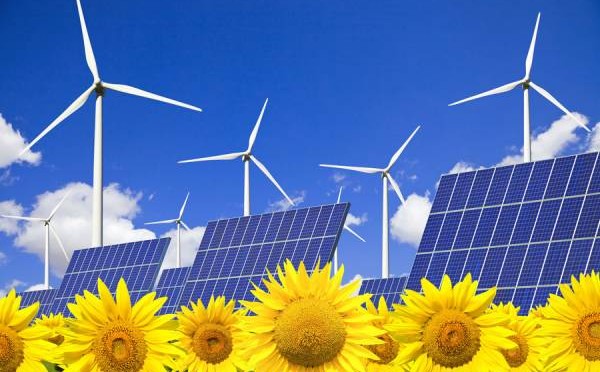The moves by the Power Development Board (PDB) to explore wind power for generation of electricity in different parts of the country including the coastal areas merit all-out support from the government.
In view of the pressing need for alternative sources of energy, actions should be expedited on such moves.
The Board has already conducted wind mapping in several areas and found it feasible. A recent report in this paper, quoting a responsible official of the authorities concerned, said an estimated 50 to 200 megawatt (MW) electricity can be generated from wind power at different offshore, coastal and inland sites.
Electricity is the lifeblood of an economy. Its shortage and oft-disrupted supply have already hampered all kinds of economic activities leading to loss of the country’s gross domestic product (GDP). Higher cost of power due to expensive quick rental plants and increased use of costly petroleum products for generation of power by them have triggered a sharp increase in the cost of living of people of fixed income bracket. Further rise in power tariff will simply put the welfare objectives of the government in jeopardy.
Bangladesh is yet to launch any effective drive to generate renewable energy, despite the fact that it is getting cheaper due to improvements in technology. A number of countries which two decades ago ran on a fuel mix much like that of the USA are successfully scaling down their fossil fuel habits. Thirteen countries got more than 30 per cent of their electricity from renewable energy in 2011, according to the Paris-based International Energy Agency, and many are aiming still higher.
A recent research report said that the United States could halve by 2030 the oil used in cars and trucks compared with that of 2005 levels by improving the efficiency of gasoline-powered vehicles and by relying more on cars that use alternative power sources, like electric batteries and biofuels. Other countries have made far more concerted efforts to reduce fossil fuel use than the United States and have some impressive numbers to show for them. Of the countries that rely most heavily on renewable energy for generation of electricity, some like Norway rely on that old renewable, hydroelectric power. But others, like Denmark, Portugal and Germany, have created financial incentives to promote newer technologies like wind and solar energy.
While newer sources of renewable energy are yet to be properly exploited in Bangladesh, more and more use of solar energy in the country has made it clear that it could greatly help reduce dependence on costly fuel in generating power. The Infrastructure Development Company Limited (IDCOL) has made a significant headway in supporting renewable energy in Bangladesh. So far, it has set up 1.8 million solar home systems in the off-grid zones where people are not getting the grid power.
Bangladesh now needs to seek international help in producing cheaper solar power. Incentives need to be provided to domestic entrepreneurs to produce solar panels locally in an effort to bring the country’s more rural areas at a faster pace under power supply network. Now solar panels are being imported from various countries including China and India, which are costlier for local users. But, if the solar panels can be locally produced, it would be cheaper for the villagers to use. For all such things, a comprehensive campaign is needed to encourage people to use solar and other forms of renewable energy, as the existing national power grid is unable to cope with the growing power demand.


